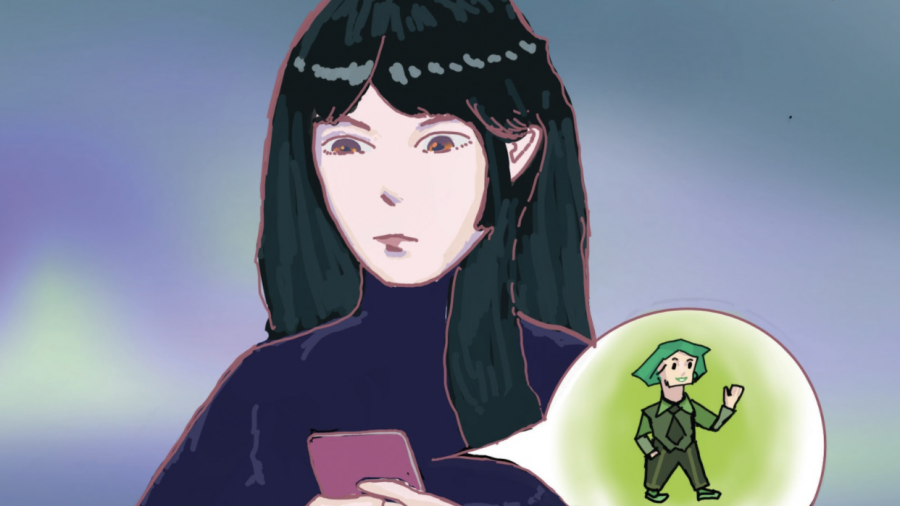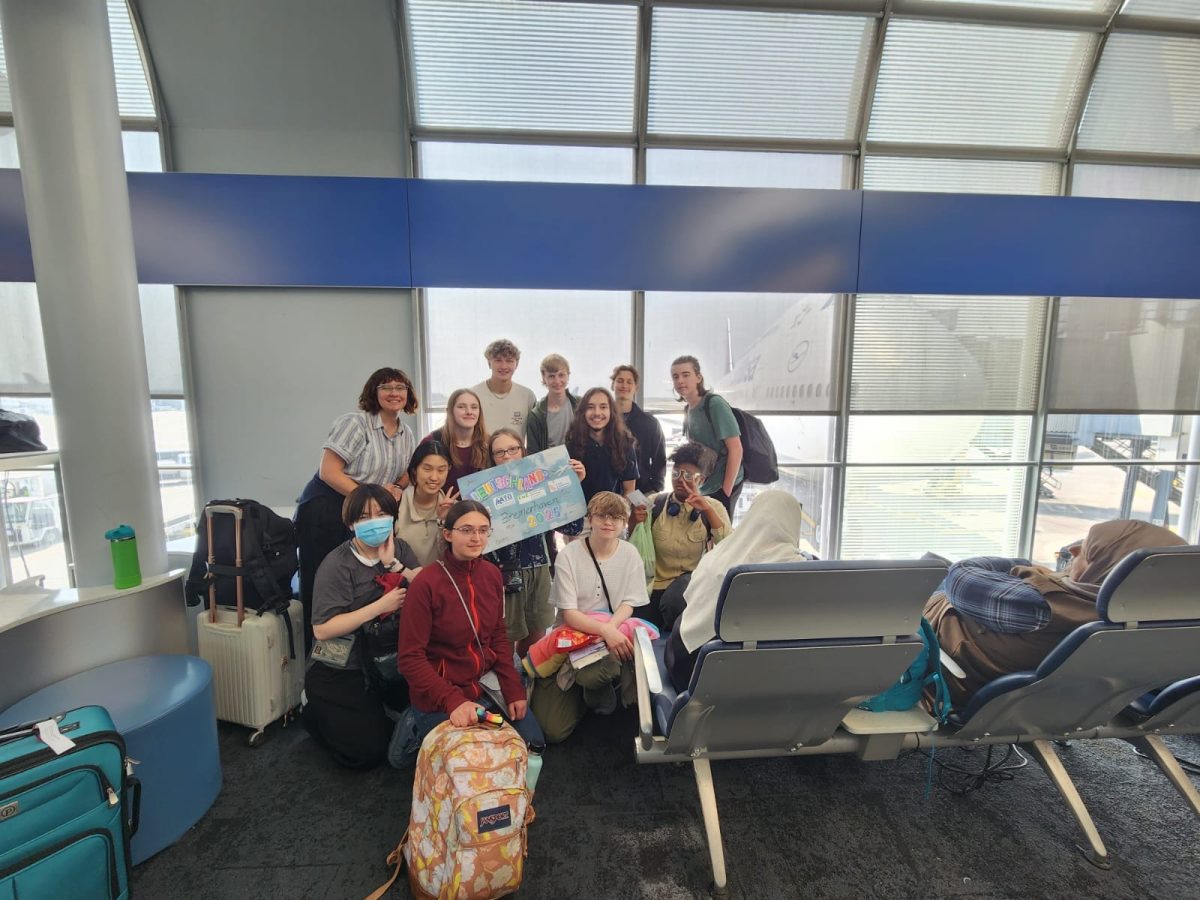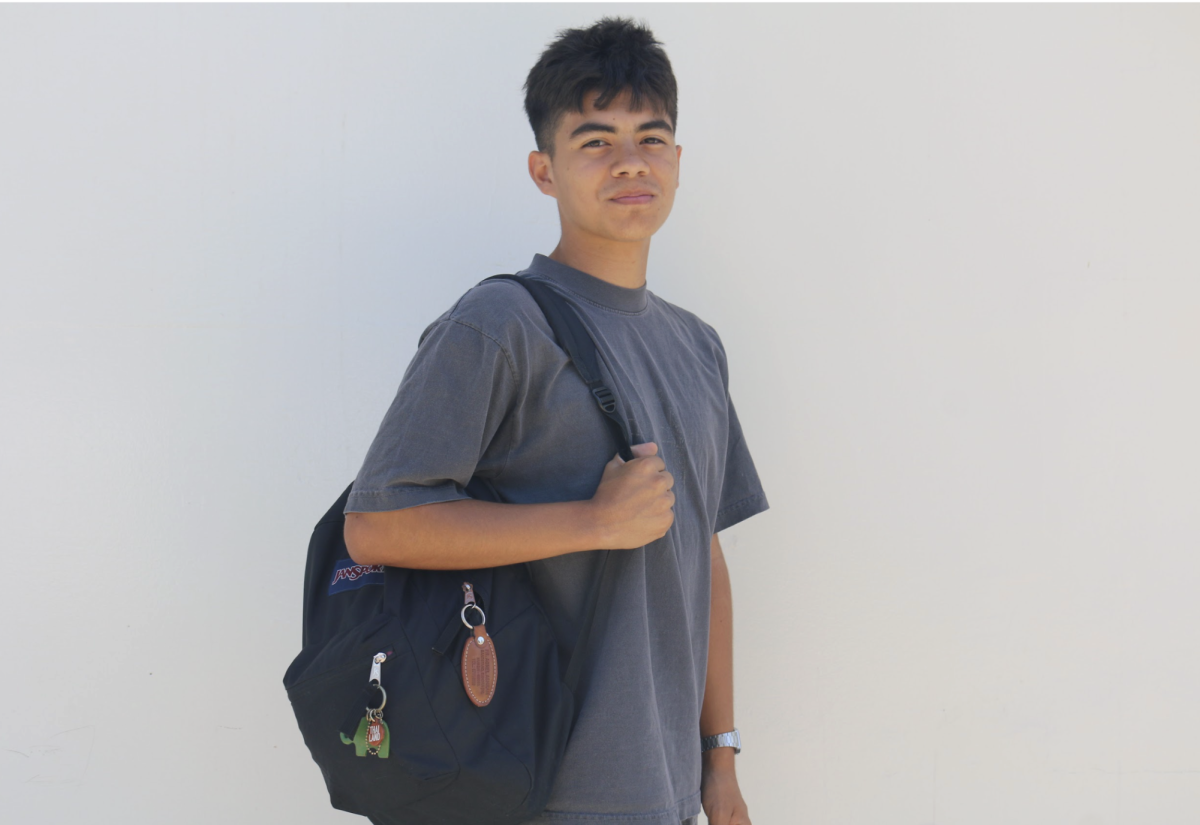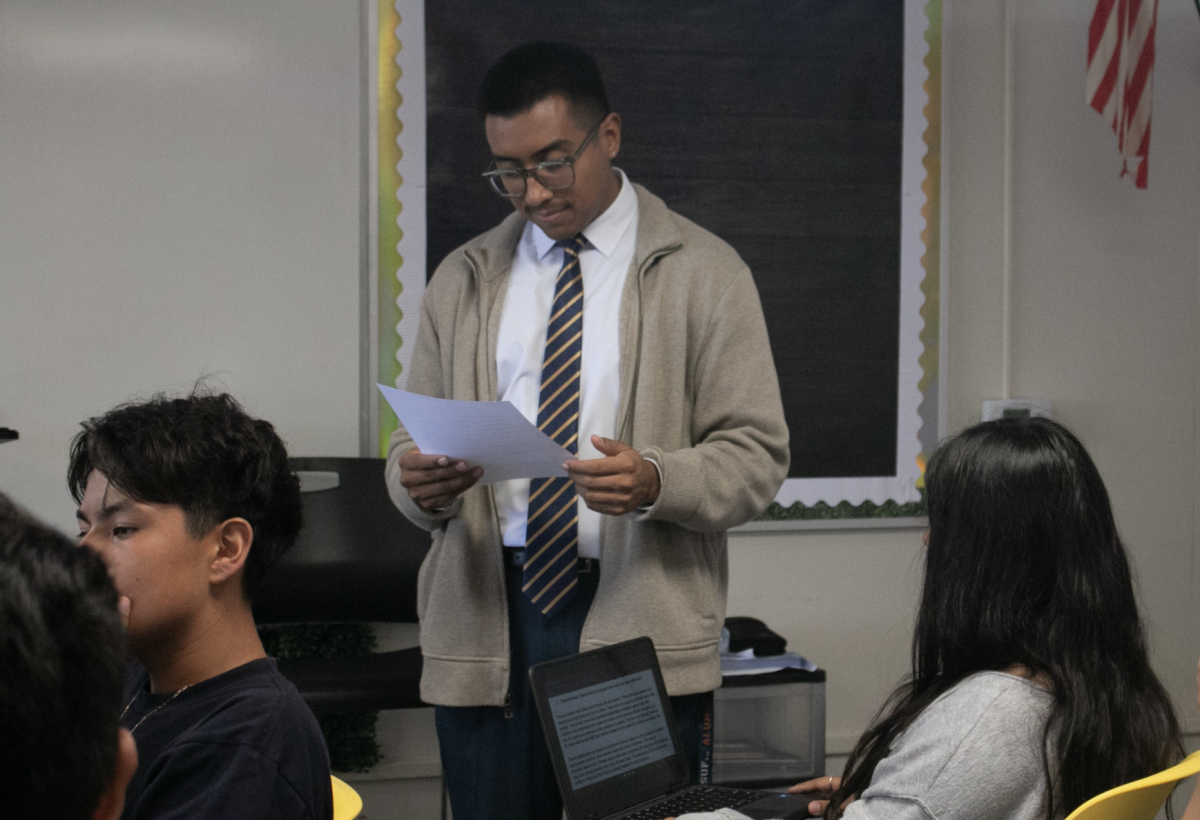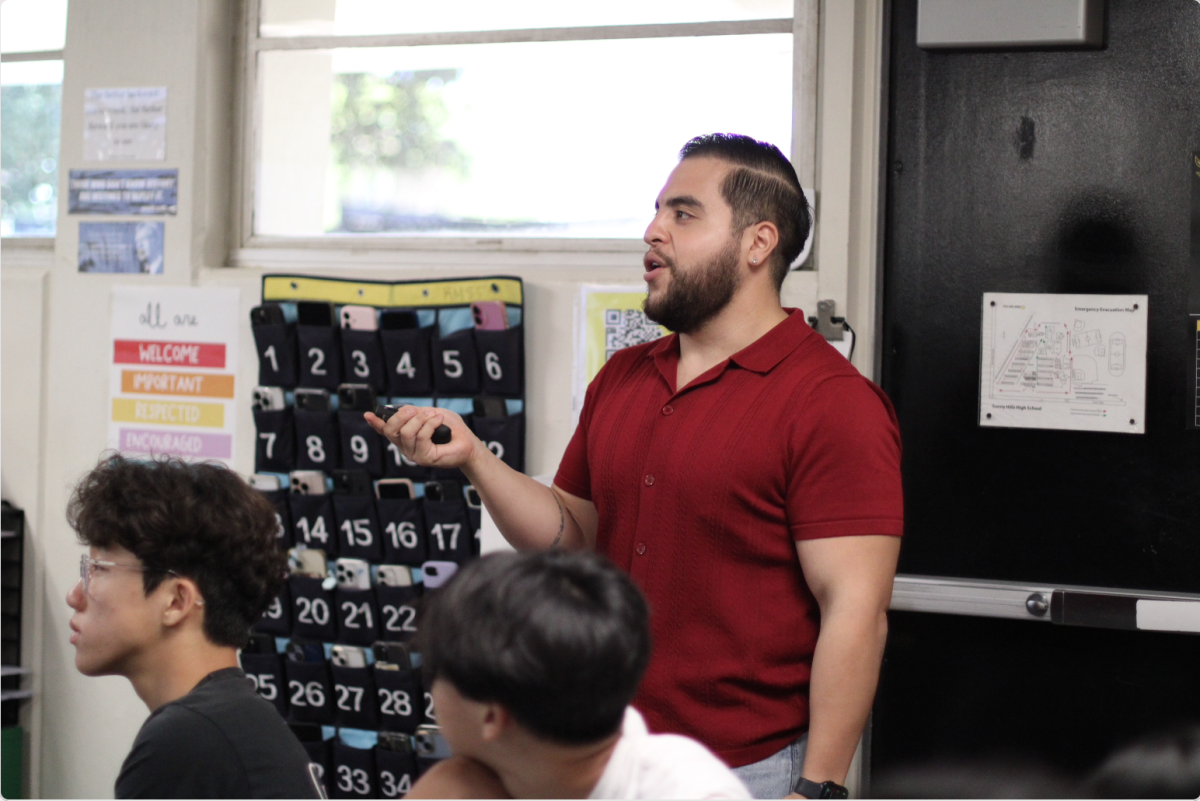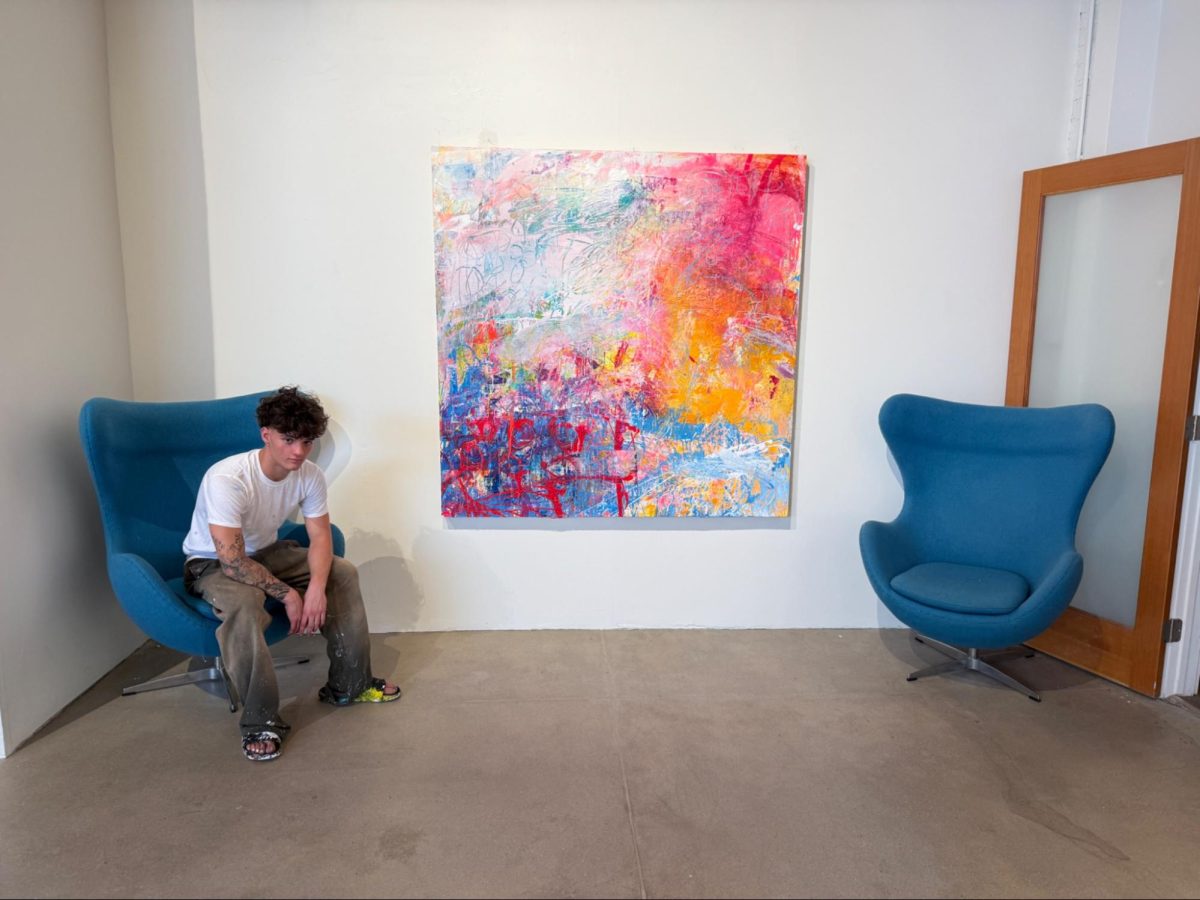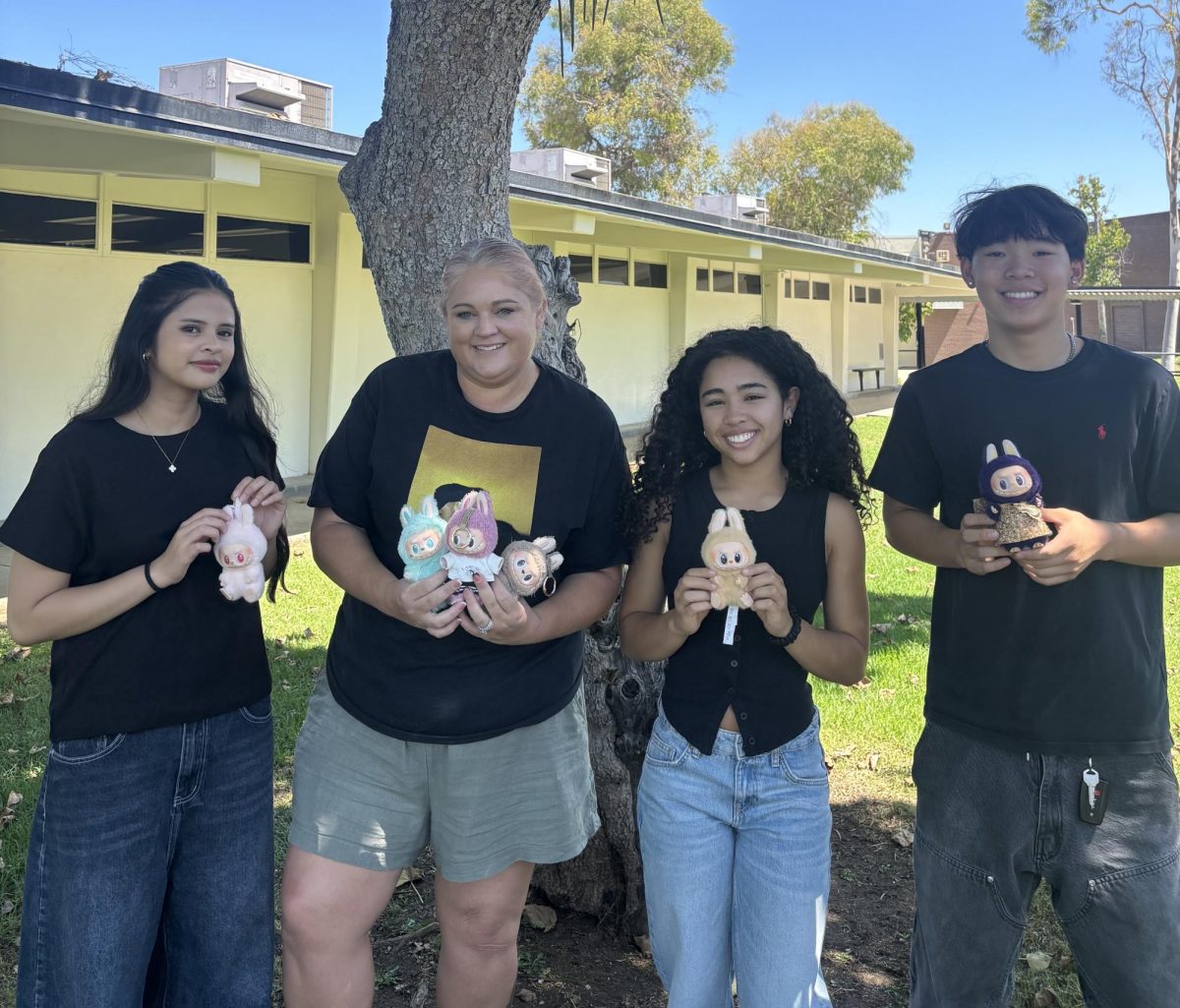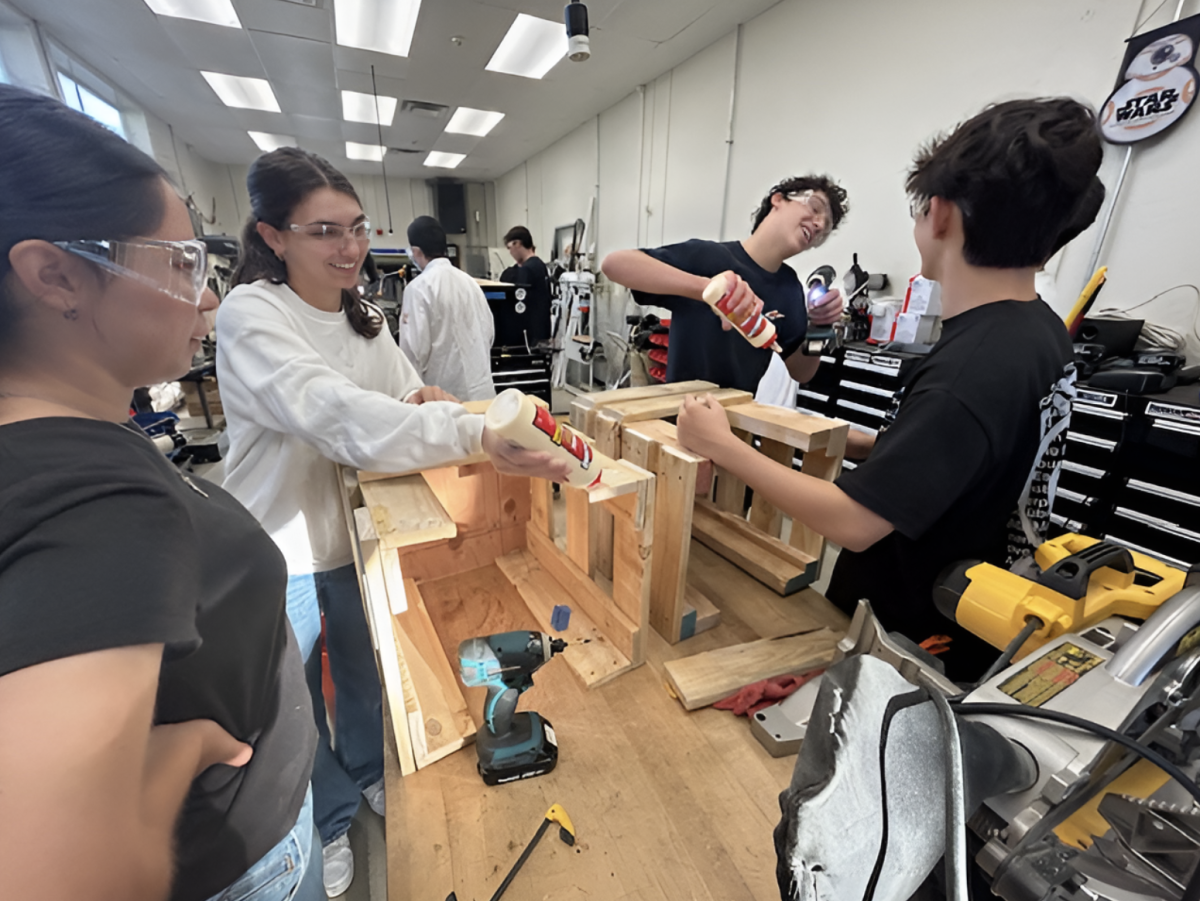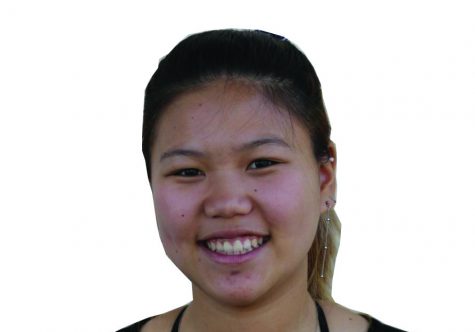It’s a four-letter word. But not that one.
Though it’s really an acronym, MBTI, which stands for Myers-Briggs Type Indicator, some Sunny Hills students are beginning to use it as part of a conversation starter while in Zoom breakout rooms or over text conversations among friends.
“What’s your MBTI?”
“I’m an Extrovert Sensing Feeling Perceiving [ESFP]. What about you?”
“Oh my God, me too!”
ESFP is among the 16 personality types that the MBTI, which will celebrate its 60th year of existence in 2022, looks for. The test asks people to respond whether they agree with 60 introspective statements ranging from “You regularly make new friends” to “You usually stay calm, even under a lot of pressure.”
The questions are divided into four categories: introversion (I) or extraversion (E), sensing (S) or intuition (N), thinking (T) or feeling (F) and judging (J) or perceiving (P), each represented by a letter.
One test-taker, for example, could learn that she’s an INTP, which means that she is quiet, analytical and often enjoys time alone, according to 16personalities.com.
Two years ago, senior Abby Haan said she took the personality test when she received a text from her friend, who sent her a link to take it so the two could compare results. Haan said her personality type came out to be INTP, which she thought was fairly accurate.
“My friend and I got totally opposite results,” she said. “We thought it was funny that we were such close friends with such different personalities.”
Like Haan, junior Luke Weinreich said he first took the personality test during the beginning of quarantine last March to discover himself more. He first heard about MBTA after he saw an Instagram story asking for people’s results.
“I took the tests to learn about who I am and about what I should focus on becoming when I grow up,” Weinreich said. “These tests help when I have to decide on majors since they tell me which circumstances I excel in.”
From the MBTI results, he said he learned that he wants to pursue a career in education in hopes of becoming a teacher.
“I really like teaching others,” Weinreich said. “I’ll be more motivated to study when I have a definite career set, such as education.”
Advanced Placement Psychology teacher Greg Abbott said it’s only natural for teenagers to find out about what makes them tick.
“Humans are intensely interested in themselves,” Abbott said. “So, a personality test is something that a lot of people are very interested in.”
However, he believes that relying heavily on the MBTI test can become dangerous.
“When looking at personality tests one should not give themselves excuses to not do what they probably should do,” Abbott said “So, some people will just say I am the way I am and don’t expect me to change.”
The psychology teacher also doubts that Generation Z’s interest in MBTI cannot be compared to a previous generation’s interest in Zodiac signs; for example, the question, “What’s your sign?” used to be a popular conversation starter, too. The main reason? MBTI has a scientific basis, while astrology does not.
Despite MBTI’s resurgence, junior Ashley Hoang questions the validity of this four-letter test.
“Personality is more than four letters,” Hoang said. “I think the test I took was inaccurate at first; the results pegged me as INFP, but ever since I’ve gotten ENFP.”



